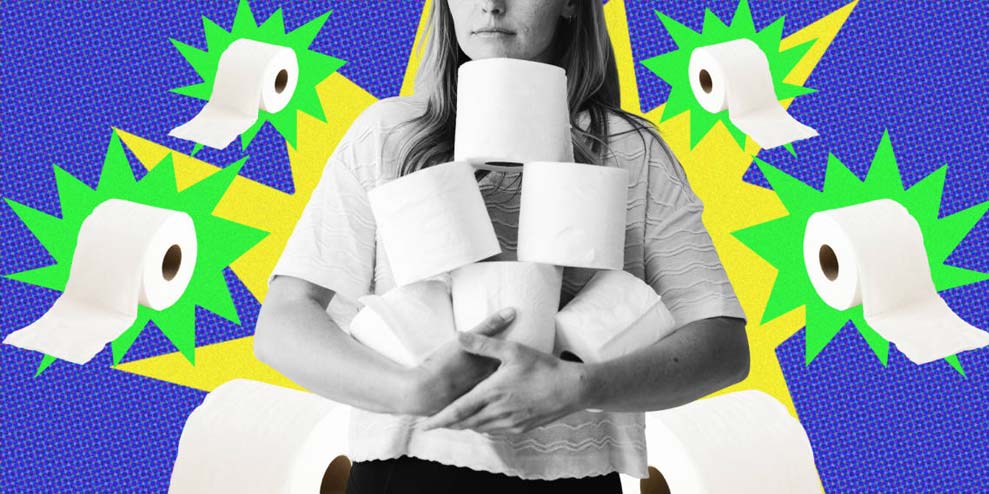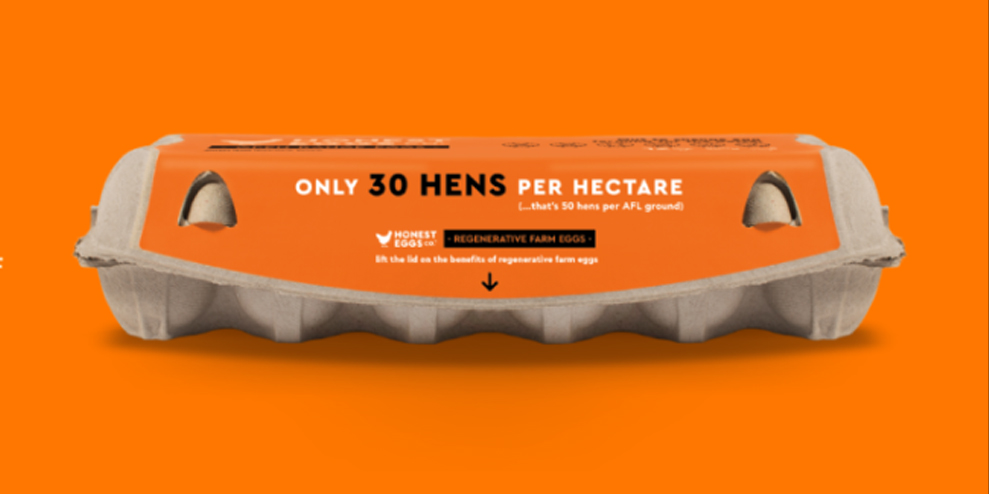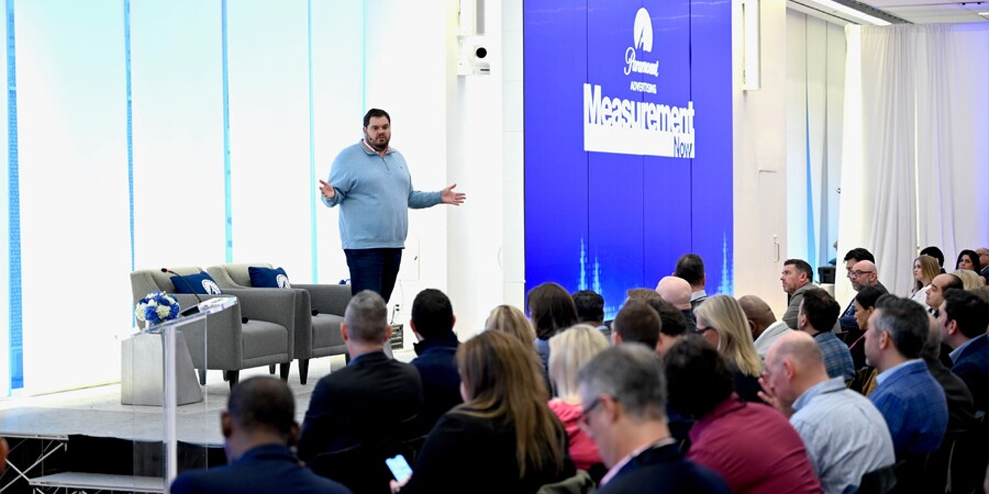You may not be able to get any TP, but its makers want to be there for you.
It started with the empty shelves.
You show up to the grocery store, stocking up on beans and pasta, and as you turn your cart into the toilet paper aisle, it hits you.
The absence.
At first you’re confused. Is this the right aisle? Did they move it? But within seconds, reality sets in.
It’s gone. (Also: Is that “Big Yellow Taxi” playing over the intercom?)
Suddenly you’re forced to truly recognize the value of a daily product whose presence we have all just taken for granted. Until about two months ago. You stare down those barren shelves in disbelief.
As the shortage widened, people began tracking down supply as if they were competing in some gastrointestinal scavenger hunt, posting on social feeds with a level of joy and sense of accomplishment typically reserved for lottery wins or humblebrag vacation pics. It’s even been enough to make paper-obsessed Americans bidet-curious, increasing sales of the toilet sidekick.
Now, weeks into this situation, demand for toilet paper has risen 27% over pre-pandemic levels, and empty shelves are still a problem in many areas of the United States, according to consumer products data tracker NCSolutions. The average American household uses about 409 rolls of TP per year, but Georgia-Pacific, the parent company of brands Angel Soft and Quilted Northern, says staying at home could boost our toilet paper need by about 40%.
So that increased demand is not even keeping pace with what one of the major producers of our new paper gold believes is our ultimate need as we’re sheltered in place.
Needless to say then that toilet paper brands are having a moment. And for this particular subset of our consumer culture, it’s weird!
Marketers typically used to fighting a losing battle for our attention against much higher profile and sexier product categories, such as beer, cars, and sneakers, now find the cultural spotlight centered directly on them. From a brand perspective, this is like the Olympics, and toilet paper is that shot-putter you’re learning about every four years.
How are they responding to all this newfound attention?
THE BELLE OF THE BATHROOM BALL
“It could not be a more interesting time to be in toilet paper and paper towels,” says Quilted Northern’s VP of brand building, Jason Ippen. “Consumers will never be more engaged with our categories than they are now. Obviously that’s not all positive, and we’re still not out of it.”
Well they are out of it—and that’s the problem.
As brand advertising goes, Quilted Northern has often flirted with a quirky sense of humor. Think of it as the Skittles of toilet paper. Back in 2015, the brand’s “Designed to be Forgotten” campaign introduced what were arguably the funniest TP ads of all time.
EMBRACING THE SOFT SELL
A crisis, however, isn’t the best time to joke around, particularly when your product is a source of panic. Ippen says the company made immediate changes to its messaging to reflect the sensitivity around this crisis overall because of the impact it had on people’s ability to buy its products. “We tried to lean away from the irreverence and into a comfort-focused message,” says Ippen. “That’s the balancing act we have to strike. Tone matters a lot right now. That doesn’t mean people aren’t open to humor, but it changes that humor a little bit. That’s something the creative teams are working on as we get into the next phase of that messaging.”
We’ve been making toilet paper since 1901. And we’re not stopping now. pic.twitter.com/Q9Yypp1mKo
— Quilted Northern® (@QuiltedNorthern) March 24, 2020
Quilted Northern posted a new ad in late March that focused on the very issue on everyone’s mind: supply. Featuring shots of a production factory and delivery trucks on the road, the overall goal of the message was reassurance. We’re on it.
Ippen says that it’s important to acknowledge the difficulty and reality of the situation, while also ditching what is typically the primary motivation for most advertising. “Overall, this is not sell-mode time,” says Ippen. “Things are settling down a bit, but we’re still not in any position to tell people to go out and buy more.”
Over at Kimberly-Clark, the Cottonelle brand apparently got the same memo and has been pumping out a similarly soothing message around production and delivery. Going one step further, Cottonelle then introduced its #ShareASquare initiative, which enlists the public in helping those who need a roll. (No word on if it was inspired by this classic Seinfeld scene.) The brand is donating $1 million and 1 million rolls of toilet paper to the United Way’s COVID-19 Community Response and Recovery Fund, as well as donating $1 every time someone shares some TP and posts on social media using the hashtag #ShareASquare, through June 1, up to $100,000.
Cottonelle brand manager Ken Champa says the idea came out of simply asking what the brand could do to get people better access to its products. “After the onset of this situation, we realized that as a national toilet paper brand we were in a really central and unique position to help,” says Champa. “Continuing to ask that question, and not being afraid to act with empathy was what led to Share a Square.”
The campaign was boosted by Jimmy Kimmel, and the reaction has been so encouraging so far that Cottonelle parent Kimberly-Clark has begun rolling it out in more countries, including the United Kingdom, South Africa, Switzerland, and Canada. “From a brand perspective, I don’t know if there are new lessons, but certainly affirmation that if you listen to what your consumers are telling you, meet their needs as best you can, and move as quickly as you can to do that, that’s a really powerful combination,” says Champa.
YOU BET YOUR BIPPY INTERNET STARTUPS ARE KEEPING IT CHEEKY
As grocery store shelves emptied, and more and more people began frantically Googling “toilet paper” to find another resource, a lot of them would’ve found Chicago-based DTC startup Bippy. Launched last year by entrepreneurs Lisa Frame and Isidro Hurtado, Bippy’s toilet paper is made from bamboo fibers and features colorful, fun branding to give people a better-looking, more environmentally sustainable alternative.
Frame says the brand’s search results are up 800%, with zero spend on advertising, and they quickly sold about two or three months’ worth of toilet paper in two days.
“We’re just a little startup trying to grow organically, and we started noticing some fast changes,” says Frame. “Normally, people will buy at most, four 24-packs. That’s a big buy for us. It’s normally one or two boxes. Then we started noticing in March people were buying 10 or 15 boxes. What?!”
Soon they were sold out, after keeping inventory for the brand’s monthly subscribers. Product availability aside, there was still an opportunity to connect with current and potential customers, shifting its customer support number to emotional support.
And of course, it’s called Butt Dial.
https://twitter.com/heybippy/status/1249796201890721792
Available every day from 6 p.m. to 8 p.m. ET, the hotline’s chatting duties are split between Frame, Hurtado, and another friend. The conversations so far have been wide-ranging, from advice on getting ready for Zoom dates to talking about impending divorces—or just a fun chat about TP. “We’re a toilet paper brand, and what do people do when they’re on the toilet?” says Frame. “They look at their phones. So we figured it might be a good time to communicate with them. People are scared, people are isolated, they’re bored, so let’s just do it and see what happens.”
The pandemic has obviously drawn plenty of new attention to toilet paper companies and supply chains, and the brands are rolling out their best efforts to calm, entertain, and engage with us while we’re paying attention. Perhaps, as agency Goodby Silverstein & Partners tapped into with “Got Milk?” decades ago, these brands will be able to tap into the notion of absence to illustrate our connection to this daily staple.
“We’ve always had to fight for any attention, but this has made toilet paper a huge focus,” says Frame. “People are buying toilet paper as gifts! So it gives us an opportunity to show them what our brand stands for and why they should consider giving us a shot.”
How long can we expect the soft sell to last? Well, on Thursday night, Bippy sent out an email blast to its waiting list letting people know that they could now buy 24-packs. As of Friday night, it was not yet sold out.
–
This article first appeared in www.fastcompany.com
Seeking to build and grow your brand using the force of consumer insight, strategic foresight, creative disruption and technology prowess? Talk to us at +971 50 6254340 or mail: engage@groupisd.com or visit www.groupisd.com/story



